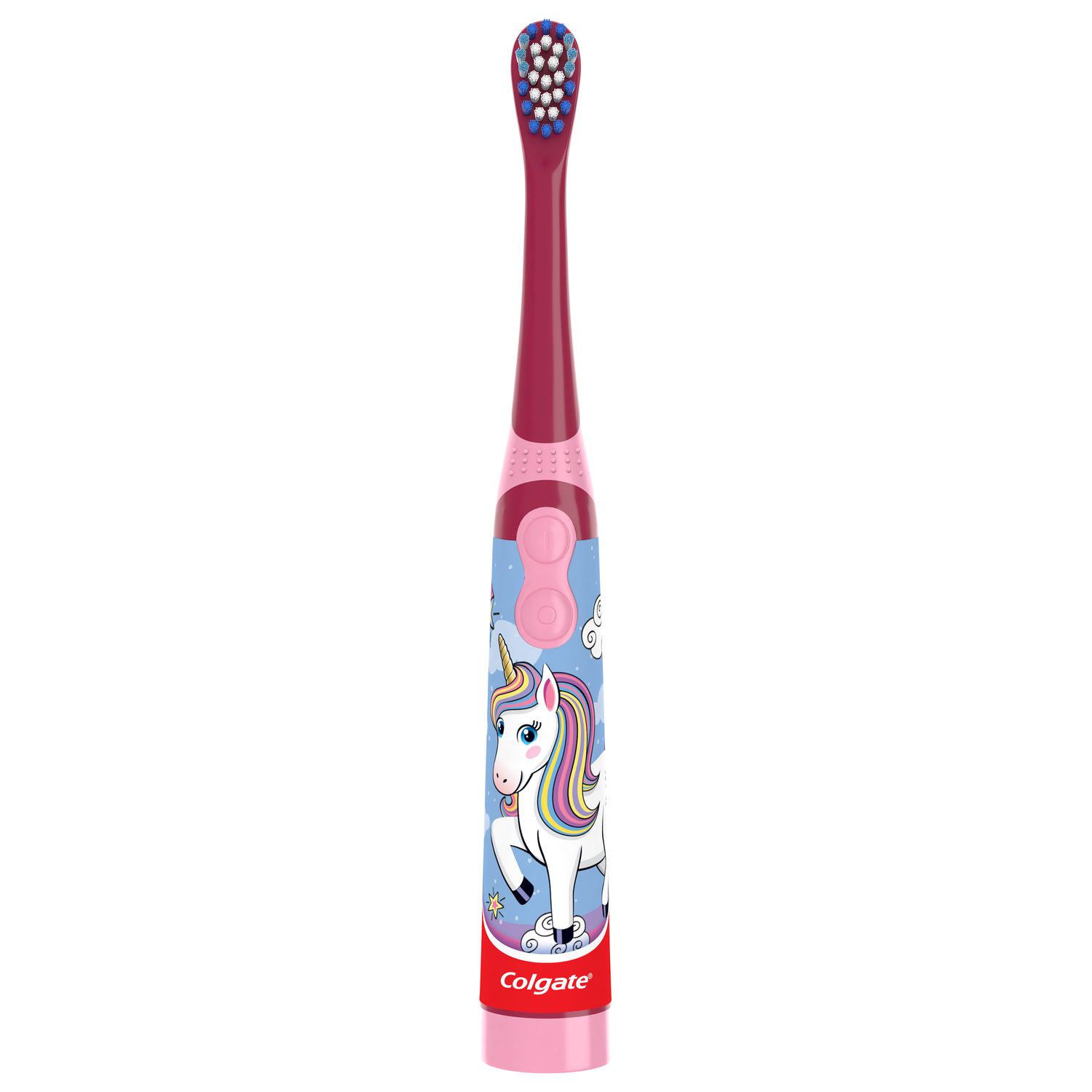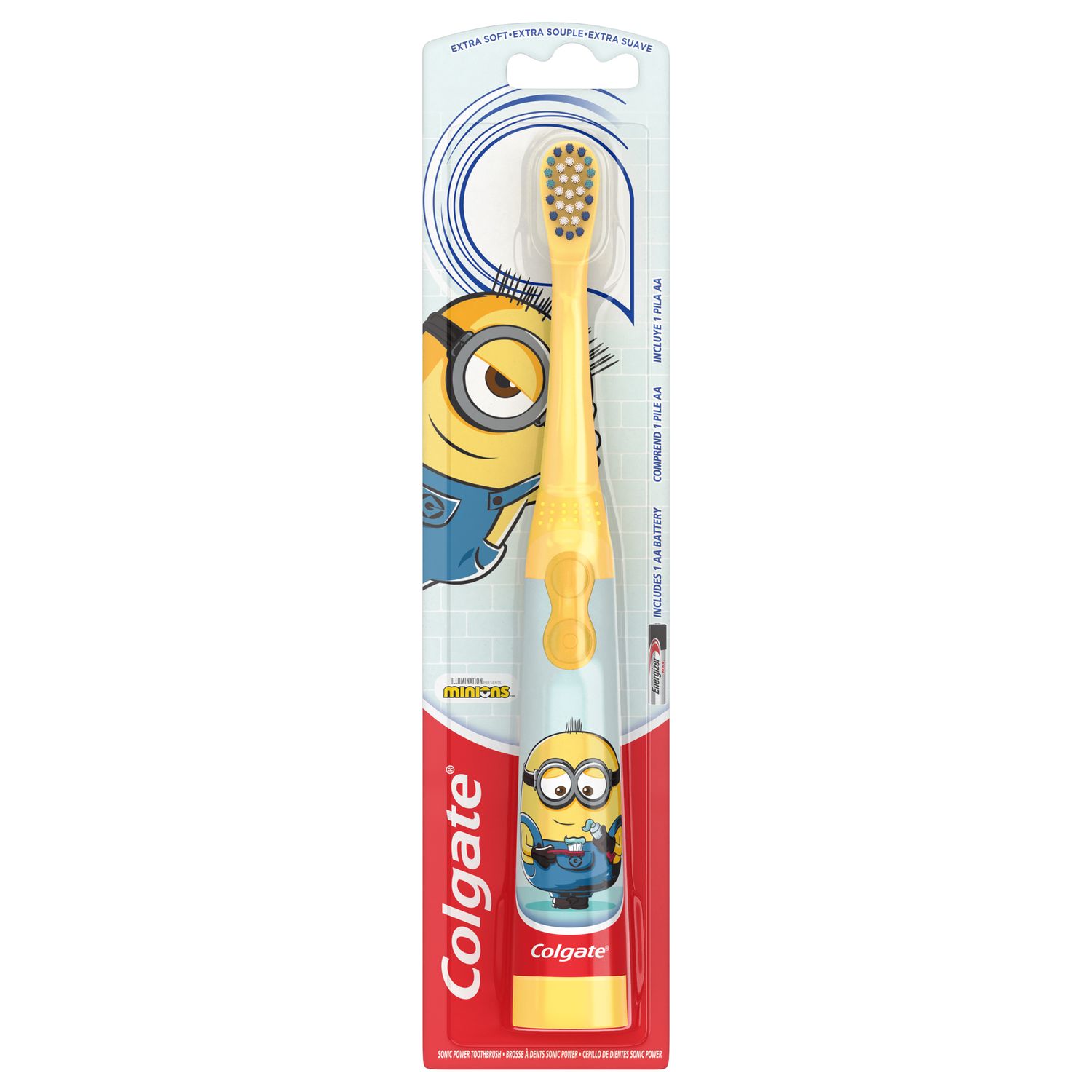Swallowing a tooth or a tooth fragment is not unusual. It can happen when your child's tooth is loose, during a sporting event or in an injury. Baby teeth, also called deciduous or primary teeth, are smooth and small enough for your child to swallow without realizing it. In a few cases, a swallowed tooth can be a legitimate concern for small children. When should you seek medical help?
Are Teeth Digestible?
Generally, a tooth is digestible. The National Health Service (NHS) reports that, “nearly all swallowed objects will pass through the digestive system without causing any harm, including those with sharp edges.” If an object can pass from the narrowest part of the digestive tract, from where the esophagus joins the stomach, it will most likely pass with no problem, notes the European Society of Gastrointestinal Endoscopy. However, it's always best to monitor your child for signs of problems and to seek your doctor's advice.
When Should You Be Concerned?
About 93 percent of swallowed foreign objects do enter your GI tract, reports the National Journal of Maxillofacial Surgery. But roughly 8 percent find their way into the tracheobronchial tree, or the airways that extend into your lungs. A foreign object within this tree is considered a medical emergency, reports the Royal Children's Hospital Melbourne. No matter the pathway after ingestion, it's critical to seek medical attention if your child has any of the following symptoms:
- Trouble swallowing
- Neck or chest pain
- Recurring vomiting
- Blood present in vomit or stool
- Abdominal pain
- Fever or drooling
Additionally, foreign objects like a tooth may not show up right away on an X-ray, and your doctor may need to perform an endoscopy. If your doctor advises retrieval, today's advancements in endoscopic procedures and in anesthesia make the process a little less uncomfortable.
Prevention Is Always Better Than a Procedure
It's not always possible to prevent swallowing a tooth. But if your child is losing their baby teeth, there are some preventive steps you can take to ensure the tooth fairy won't miss a delivery.
- Instruct your child to let you know if they think the tooth is about to come loose, so an adult can assist them. Most are so excited to let you know, anyway.
- Chewing can trigger an extraction. During meal time or when snacking, remind your child to take care when biting down with a loose tooth, so they can avoid swallowing a tooth with food.
- Kids have a hard time leaving a loose tooth alone. A teething aid for kids is an alternative that can keep their tongue occupied.
If your child swallowed a tooth, don't give them a laxative, advises the NHS. Rest assured, it should digest within 24 to 48 hours, notes Family Education.
Oral Care Center articles are reviewed by an oral health medical professional. This information is for educational purposes only. This content is not intended to be a substitute for professional medical advice, diagnosis or treatment. Always seek the advice of your dentist, physician or other qualified healthcare provider.
ORAL HEALTH QUIZ
What's behind your smile?
Take our Oral Health assessment to get the most from your oral care routine
ORAL HEALTH QUIZ
What's behind your smile?
Take our Oral Health assessment to get the most from your oral care routine















